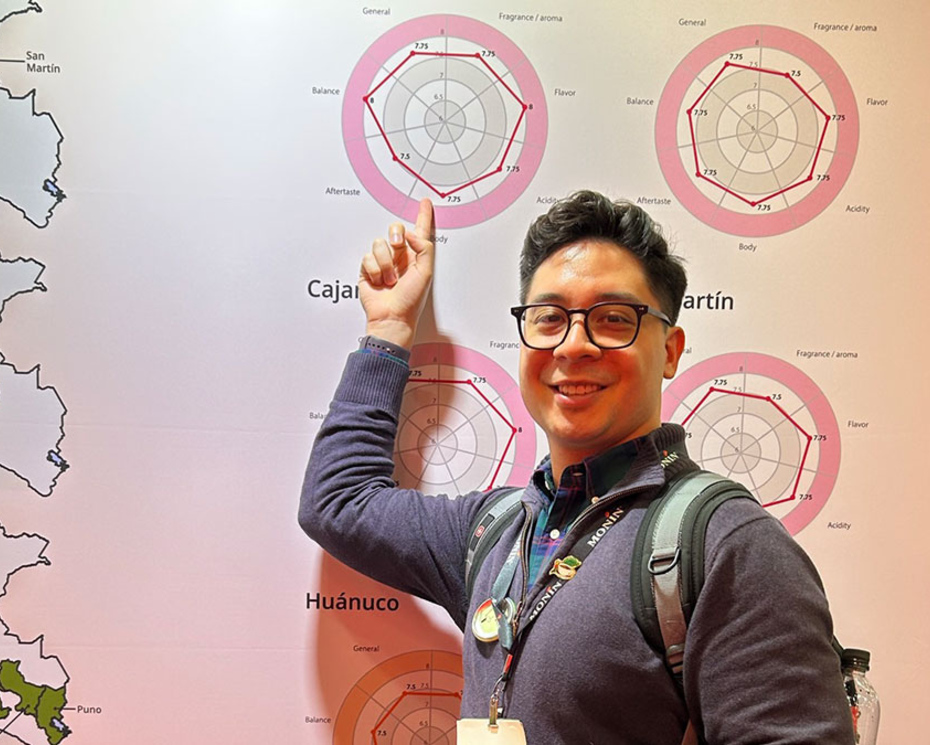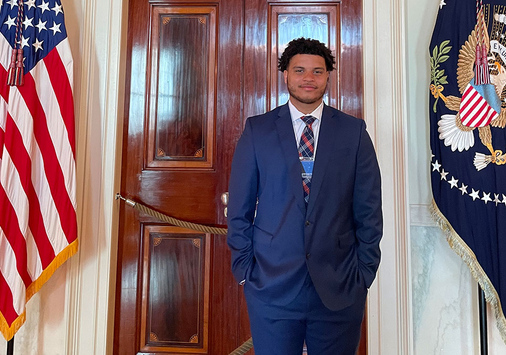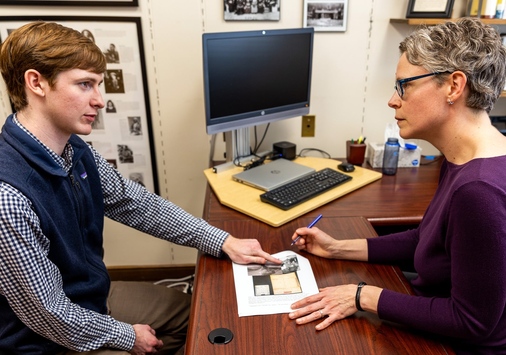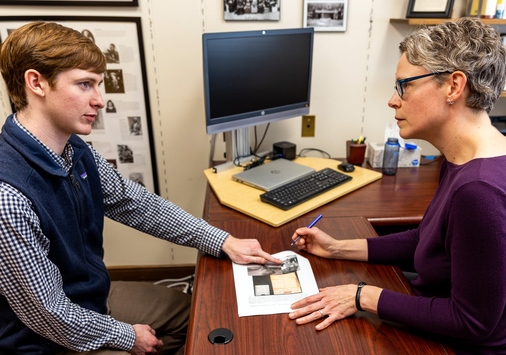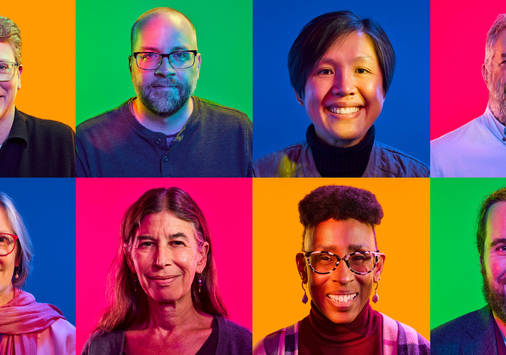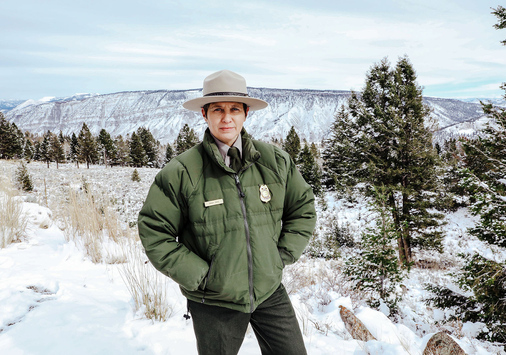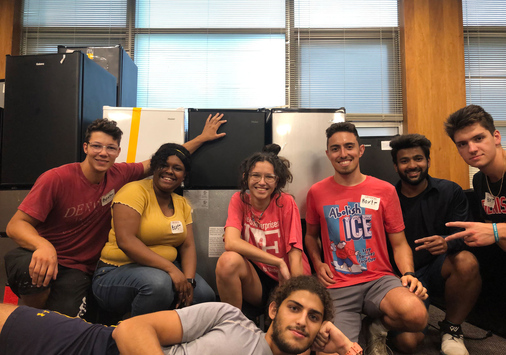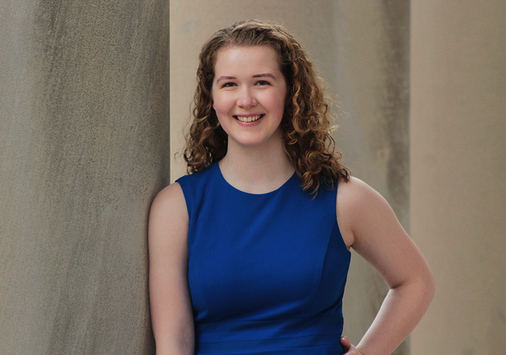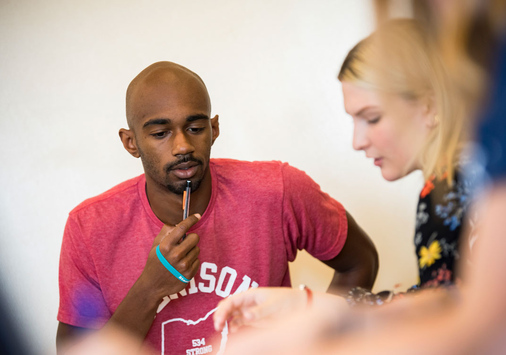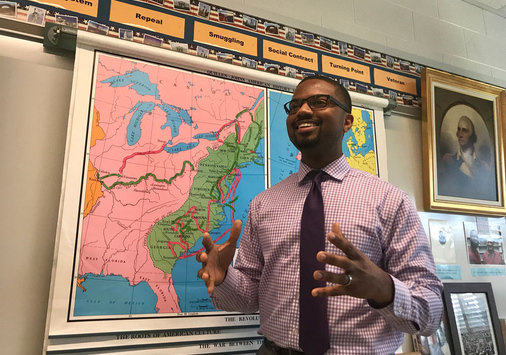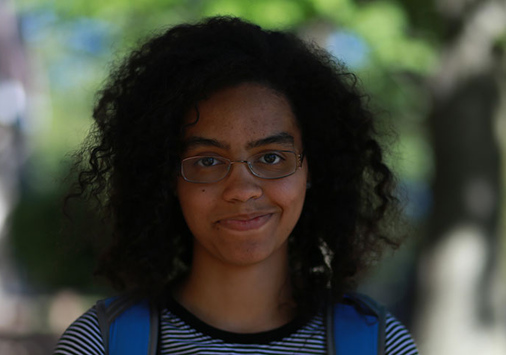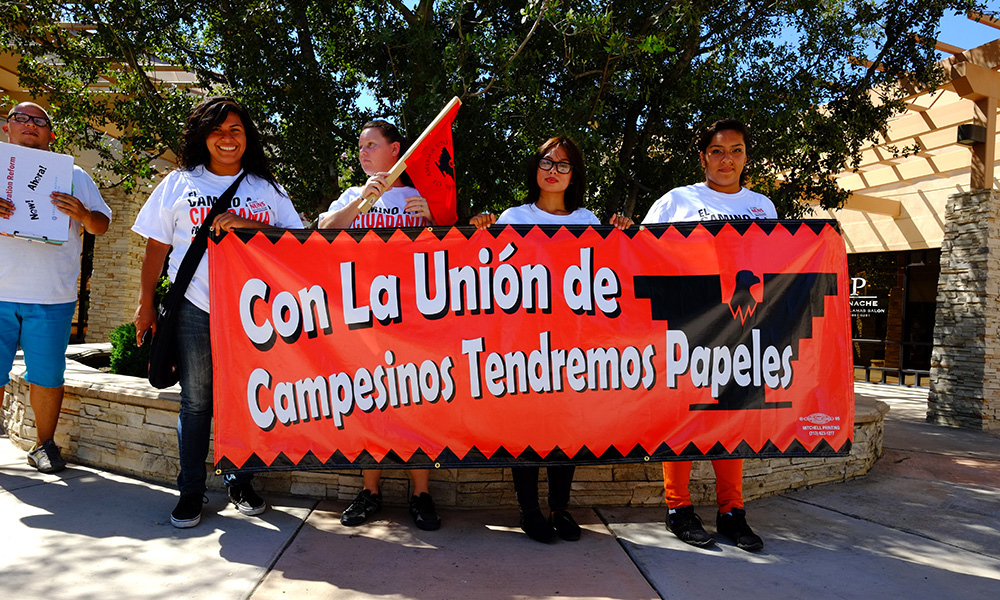
“Thousands of working people of all races and backgrounds are expected to walk off their jobs today in support of Black Lives Matter,” says Lauren Araiza, associate professor of history in an article published in The Washington Post.
Araiza goes on to write:
Organized by the Service Employees International Union (SEIU) and supported by several unions and social justice organizations, the Strike for Black Lives is described on the official website as “a day of reckoning” to “withhold our most valuable asset — our labor — in support of dismantling racism and white supremacy to bring about fundamental changes in our society, economy and workplaces.”
The unions involved include some of the lowest paid and most vulnerable workers in the agriculture, fast-food and service industries and thus represent a large percentage of the black and Latinx working class. Accordingly, the organizers of the Strike for Black Lives are drawing attention to the extent to which racial discrimination and economic inequality are intertwined for black and brown people.
This alliance has deep roots. In fact, one of the participating unions is the United Farm Workers. Founded by Cesar Chavez and Dolores Huerta as the National Farm Workers Association in 1962, the UFW has long worked to cultivate cross-racial alliances, including with the Black Panther Party, in its efforts to gain union representation, equitable pay and safer working conditions for agricultural workers. During the 1960s, as the UFW organized strikes and boycotts in the grape and lettuce fields of California, the union worked to advance the interests of all people fighting for equality. It is this spirit that drives the Strike for Black Lives.
On the surface, the Black Panther Party and the UFW might have appeared to be at odds. Chavez, a devout Catholic and admirer of Mohandas Gandhi, was committed to infusing the philosophy of nonviolent resistance into all of the union’s efforts. In contrast, Huey Newton and Bobby Seale founded the Black Panther Party in Oakland, Calif., in 1966 in response to rampant police brutality in that city and advocated for armed self-defense and monitoring of arrests as solutions.
And yet, despite differences in their guiding principles and tactics, the leaders of both groups made a conscientious effort to identify and act upon their commonalities. When the UFW launched a nationwide boycott of California table grapes in 1968, the Black Panther Party became one of the union’s most ardent and loyal supporters. Party leaders called on members and allies to boycott grapes in their speeches and in the pages of their weekly newspaper, and Panthers attended rallies in the Bay Area in support of the UFW. The Panthers and the farmworkers saw one another as similarly exploited victims of the white ruling class and viewed camaraderie across racial lines as imperative in their pursuit of justice and equality.
